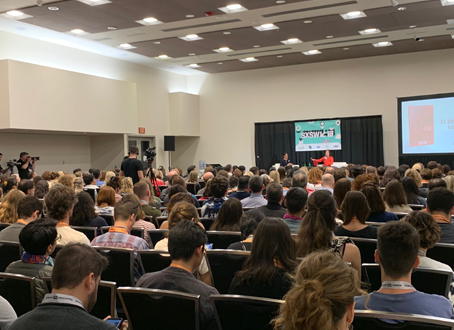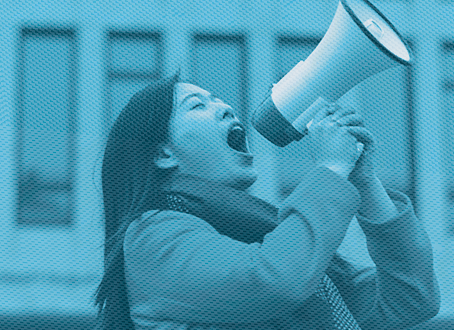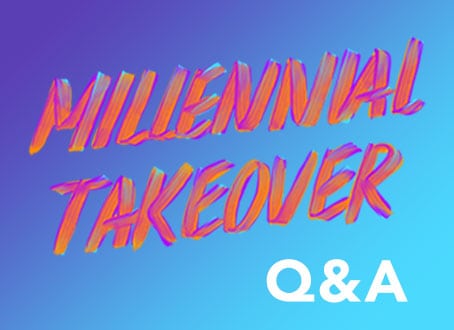This post was written by J.D. Brady on behalf of the Case Foundation:
Read any article penned on Upworthy and you are left with an important takeaway: what’s popular can also be what matters. Curators at the publication scour the web each day to find compelling stories about equality, justice, health and more to share with their community. By spreading digital content that educates and inspires users, Upworthy brings massive amounts of attention to critical and complex issues facing society. To date, their community has dedicated nearly 2 billion minutes of attention to stories that matter.
Like Upworthy, the Case Foundation believes in the power of media and technology to mobilize communities and facilitate social change. We were thrilled to have the chance to speak with Peter Koechley, Co-Founder of Upworthy, about his strategies to spread messages that matter and engage with the millennial generation.
CF: Upworthy grew to a massive scale incredibly quickly. What is in your secret sauce?”
PK: We created Upworthy to draw massive amounts of attention to things that matter. And since the most important things are often challenging, complex and confusing, we focus extra-hard on figuring out how to tell those stories in a compelling, emotionally resonant way — so that people want to engage with them – and come back to learn more the next day, too. There’s also so much depressing, disempowering news in the world (see: your nightly newscast) that there’s a real hunger for grounded, hopeful stories about things getting better.
CF: What tactics do you use at Upworthy to engage with audiences, especially Millennials?
PK: The Millennial generation is spending lots of their time on mobile devices and social networks. We believe that it’s crucial to reach people where they are already are, as the battle for attention is increasingly spread across more devices and platforms. So we’ve put a lot of effort into making sure Upworthy’s 100 percent native experience is on your phone, passed along to you by one of your friends.
CF: Have you seen a shift in the media’s role in social causes? Where do you think the media’s engagement in the social impact space is heading?
PK: I’m a big fan of people writing authentically about what they believe in, rather than acting as if they had no personal take on anything important. It’s been great to see space for that open up over the past decade.
And then on a larger level, I believe media is, and should be, a powerful force for nurturing empathy within a society. Empathy is caring about people other than yourself, and treating their wants and needs as seriously as you treat your own — and it’s a necessary pre-condition for so much of the social change we need.
Media can play a transformational role by extending the empathy that lurks within us all. After all, caring for yourself and your own family is innate. Caring about people you already know comes naturally. What’s really hard is sitting in London and caring about a protester in Hong Kong. Or being a straight Christian man in Alabama and caring about a lesbian couple in Oregon. Yet, that is the hard work that stands between us and the global society we all aspire to create. Media can spread that empathy through powerful storytelling, which can now travel farther and faster than ever before.
CF: How do you respond to critics’ assertion that Upworthy promotes “slacktivism”? What do you hope to happen after an audience member views a piece on Upworthy?
PK: I’ve always found the “slacktivism” charge pretty misplaced, not just in our case but generally. I think that objection is based on a concept of a world that just doesn’t exist, where there are millions of people who were just about to take to the streets or start a nonprofit or run for office themselves, and then right at that moment, they saw a petition to sign or a video to share and so they did that instead.
That’s not, in my experience, how humans work. In reality, giving people a simple first step to take towards meaningful action allows them to go from 0 to 1—from doing nothing at all on a pressing issue to doing something. And once people have done anything at all related to a cause, they’re much more likely to keep going and do a whole lot more.
This is the second in a series of blog posts featuring speakers from MCON 2015. Check back to learn about more innovators and leaders from the private, nonprofit and public sectors. Also, be sure to tune in to the live stream of MCON on June 24th and 25th at www.mcon.events.





